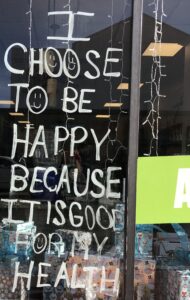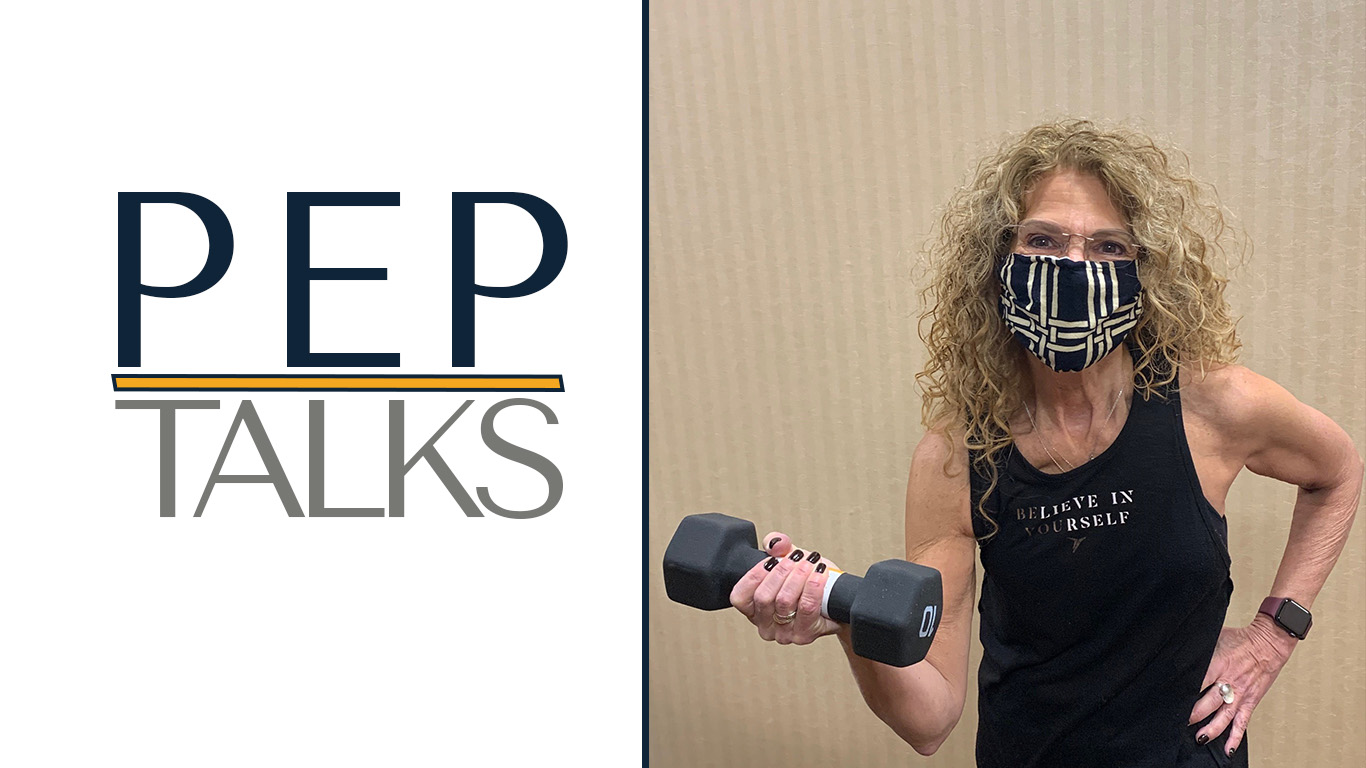2021: A Blank Canvas
January 22, 2021
A New Year can mark a new beginning, a time to creatively fill in the ‘tabula rasa,’—blank slate—of fresh opportunities. It’s an exciting moment, but it can also be a daunting one. It’s not unusual to feel apprehensive as you reach for a brush to make that first stroke on the canvas. It can be helpful to reflect on your past experiences as you step into the new year.
Remember that healing and growing are active choices.
We often get in our own way when we look to change or try new experiences. Tracy Stopler eloquently addresses how we create our own impediments in her book, The Ropes That Bind. She asks, “Are we the author of our own script? Are we the main character as well as the director? Are we the saboteur, the person to push us down?” She continues with an important thought: ”There is some truth to the saying that time heals all wounds. But the other part, the part that is even more important, is the work that you put into healing during that time. In other words, healing is an active process.”
Recognize fear, but don’t let it call the shots.
We frequently discuss fear in NYBRA’s Sisterhood of Support groups. There is no way to simply turn off fear, but you can be mindful of how you approach it. I often paraphrase Elizabeth Gilbert’s letter to fear from her book, Big Magic: fear can be in the car, but it has to ride in the back seat.
In the letter, Gilbert addresses fear as you would an unwelcome guest, “your suggestions will never be followed. You’re allowed to have a seat, and you’re allowed to have a voice, but you are not allowed to have a vote. You’re not allowed to touch the road maps; you’re not allowed to suggest detours; you’re not allowed to fiddle with the temperature…But above all else, my dear old familiar friend, you are absolutely forbidden to drive.”
Start practicing gratitude instead of apologizing.
Shifting your language can change your perspective, turning a situation where you might feel badly into one where you feel and express gratitude. One way to do this is to start saying ‘thank you’ instead of ‘I’m sorry.’ For example, instead of saying, “I’m sorry I’m late,” try saying, “thank you for waiting for me.”
This type of gratitude can be a force of positive energy as statements like, ‘I’m sorry for being so sensitive,’ and ‘I’m sorry you have to help me so much,’ become ‘thank you for accepting me,’ and ‘thank you for doing me a favor.’

Make this the year that you try the things you’ve always wanted to experience, protect your time and energy, and most of all, nurture and be kind to yourself. Remember: self-care is not self-indulgence, especially not in times like these. So, push through that apprehension and make that first stroke. If it’s uncomfortable, do it anyway! The first step is the most difficult, but it is also the most fulfilling as it leads you to fill in the rest of your empty canvas.
Holding onto Resilience, Determination, Inner Strength, and Hope
Most of us go through life measuring progress and milestones. From finished projects to promotions at work to parenting successes, we each have a unique…
